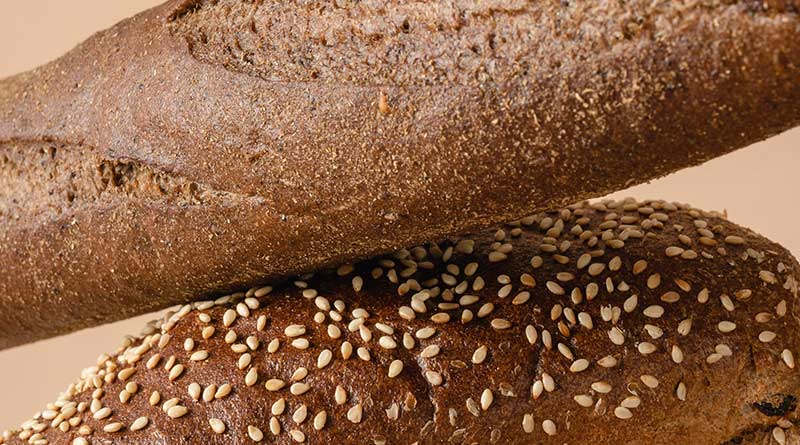Does plant protein increase the odds of women being healthy agers?

This week's note is about a study originating from the Harvard nutrition factory, which asserts a link between plant protein consumption and healthier aging in women under 60, sourced from the US Nurses' Health Study.
The study comprised 48,762 participants, with below 8% classified as healthy agers, defined as individuals free from 11 chronic diseases, with no memory or physical function impairments, and maintaining good mental health.
Upon examination, discrepancies arose in the numbers presented in the characteristics table, lacking a clear delineation of a healthy person, which is unusual, among other concerns.
Data presentation used five groups for comparison purposes, yet the paper introduced an invented 3% energy increment for its headline claims. The assertion was made that women consuming more protein were likelier to be healthy agers, particularly those consuming more plant protein.
Further scrutiny of supplemental material unveiled the primary sources of plant protein as bread, fries, baked goods, and cereal, while total and animal protein primarily stemmed from beef, chicken, fish/seafood, milk, and cheese. The study suggested that "junk" foods contributed positively to health, while real foods made little or no difference.
In assessing the paper's shortcomings, several issues surfaced:
1) The reliance on the Food Frequency Questionnaire (FFQ), known for its unreliability.
2) Discrepancies between the timing of FFQs and assessments for healthy aging, rendering any diet-age association unreliable.
3) Self-reported measures of healthy aging, aside from deaths, introduce subjectivity.
4) Flaws in Table 1, particularly regarding protein intake calculations, undermining the study's foundation.
5) The study's inability to establish causation, despite headlines suggesting otherwise.
6) Dubious claims regarding the impact of plant protein intake on healthy aging, given the marginal improvement in odds.
7) Unusual findings regarding the healthy person confounder, with disparities in expected health indicators among different groups.
8) Claims that nutrient dense foods like beef and fish had little or no benefit…
9) …While bread, fries, cakes and pies allegdely did.
10) Limited generalisability of findings solely to US female nurses.
There were far too many issues to trust any findings from this paper.


